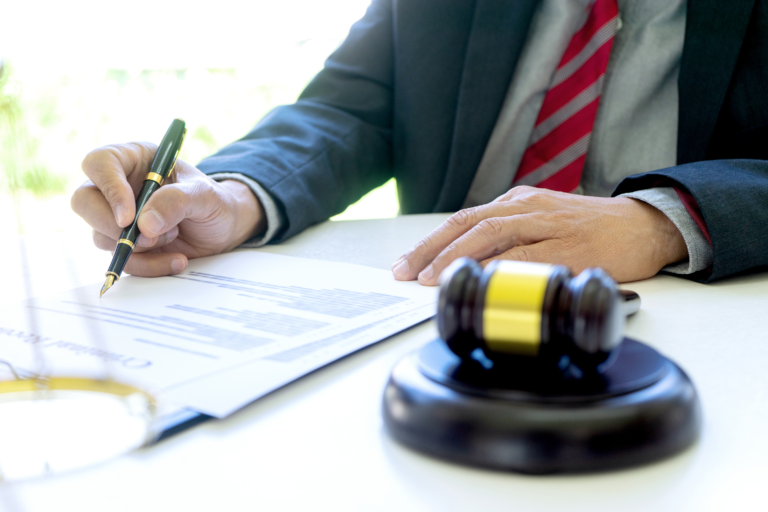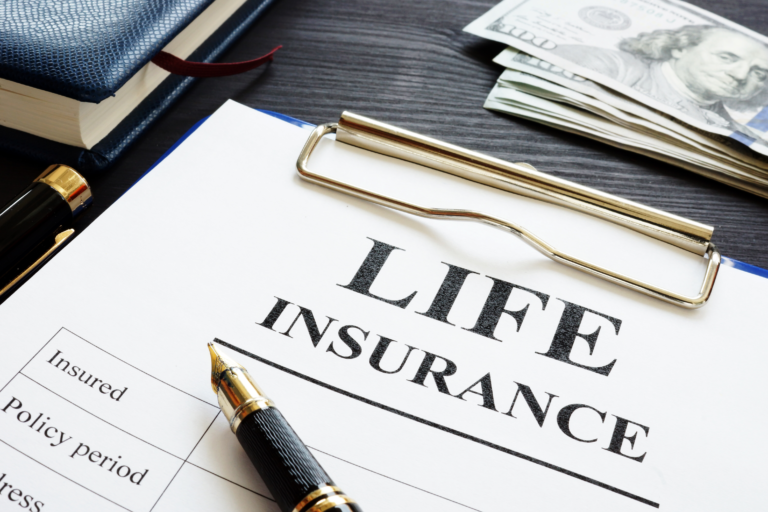When making a Florida will, witness selection is a critical step that is often overlooked. Having a will lets you decide how your assets will be distributed after your death as well as address important matters like appointing guardians for minor children or designating who will manage your final affairs.
However, a will is only a piece of paper until it is properly signed and witnessed. The witnesses play a surprisingly important role. Below, we explore what makes a good witness, some pitfalls to avoid, and why working with an attorney can take the guesswork out of the process.
Think of Your Witnesses as Your Will’s Backup Crew
Your witnesses are there to confirm that you signed your will while of sound mind, that you did so freely, and that you followed all the legal formalities. In the event of a will contest, your witnesses might even be called to testify about what they saw. Their role is important, which is why careful selection is key.
Here are some factors to consider when choosing your witnesses:
1. Competence is Key
In Florida, your witnesses need to be at least 18 years old and of sound mind. This means they must have the mental capacity to understand that they are witnessing your will signing – not just any random document. It is a good idea to choose witnesses who are clear-headed and unlikely to be confused even under pressure.
2. Presence
Your witnesses must be physically present when you sign the will. It is not enough to tell them afterward, “Hey, I signed my will!” They need to see your signature go on the page, and they need to sign in your presence and each other’s presence. While the law does not require the signing to happen all at once, it is definitely the easiest way to make sure the formalities are met.
3. Being in the Know
While your witnesses do not need to read the contents of your will, they absolutely need to know that they are witnessing your will signing. This extends to codicils (amendments to your will), too. Do not just present them with a document to sign. A simple, “I would like you to be a witness for my signing my will” should do the trick.
4. Can a Beneficiary be a Witness?
In some states, having someone who benefits from your will serve as a witness can be problematic. It can create an air of self-dealing or undue influence. However, Florida is not one of those states. While there can be ethical concerns in other places, a Florida will is perfectly valid even if signed by a beneficiary as a witness (as long as they are competent, of course).
That said, it is generally a good idea to include some disinterested witnesses (people not receiving anything under your will), just to strengthen it against potential challenges.
Mistakes Can Be Costly
You might think these are small details; however, they can be a surprisingly big deal if someone contests your will later. Mistakes in the signing and witnessing process are some of the easiest ways for a disgruntled heir to argue that your will was not validly executed. An experienced estate planning attorney can guide you through the entire process, minimizing those risks.
Making a Florida Will is Easy When You Work with Experts
At Jurado & Associates, P.A., we are in the business of making sure your wishes are followed. That includes taking all the necessary steps to make your will ironclad. From picking the perfect witnesses to covering those legal fine points, we are here to make the estate planning process as smooth as possible.
Navigating wills, trusts, and other estate planning matters can feel like a legal maze. Our experienced attorneys are your guides – offering seasoned legal expertise with a client-focused approach. We will build a plan that brings you peace of mind.
Reach out to us today by phone at (305) 921-0976, by email at [email protected], or send us a message through WhatsApp at +1 (305) 921-0976.






